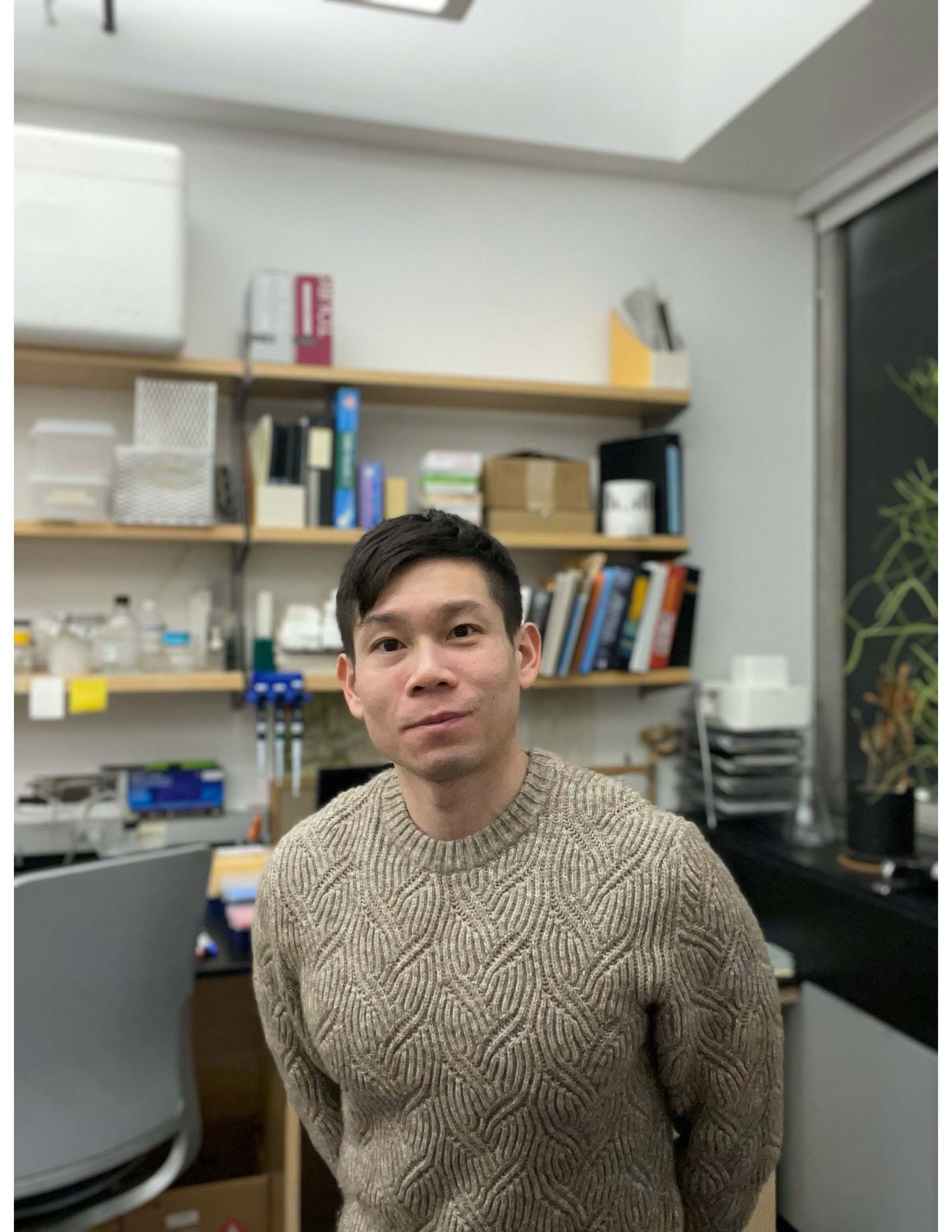
Dr. Liao’s research focuses on unraveling the formation of sexually dimorphic features within the nervous system and their role in shaping organismal sex differences. Currently a postdoctoral fellow in Dr. Oliver Hobert’s lab at Columbia University, Dr. Liao earned his Ph.D. from National Taiwan University under the guidance of Dr. Chun-Liang Pan. During his doctoral studies, he delved into the mechanisms governing dendrite self-avoidance. His academic journey reflects a dedication to understanding the intricacies of neural development, with a current particular emphasis on sexual dimorphism.
“Why did you want to become a scientist and when did you know this was your path in life?”
Becoming a molecular biologist was a gradual realization sparked by my determination to understand molecular biology during high school. A pivotal moment came with my undergraduate lab experience in a neurodegenerative disease lab, where I tested molecules that alleviated disease protein aggregation. This exposure fueled my passion for molecular biology, solidifying my commitment to the field. The joy of conducting experiments at the molecular scale, formulating hypotheses based on genetic and biochemical principles, and the intellectual challenges inherent in molecular research resonated with me profoundly. This journey led me to choose neuroscience for further study, driven by a deep-seated fascination with the molecular intricacies of life.
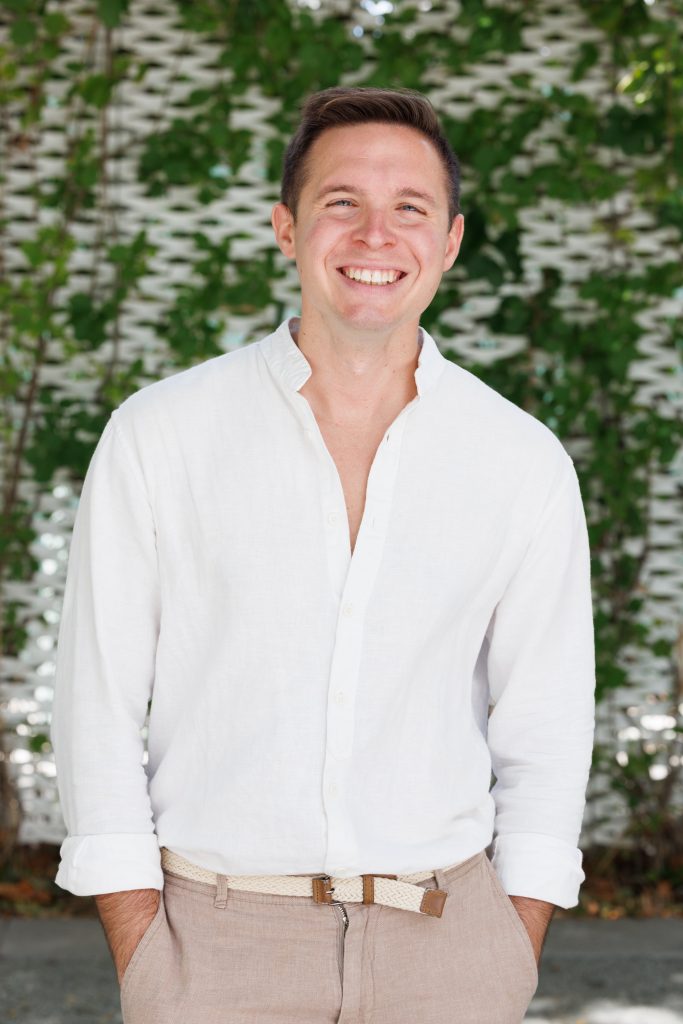
I obtained my BSc in biotechnology from the University Pablo de Olavide in Sevilla (Spain), and then a MSc in Microbiology from the University of British Columbia (Canada). Afterwards, I came to the US with a Fulbright scholarship to do a PhD in Immunology at Cornell and MSKCC. During my PhD, I studied how Natural Killer cells (a type of immune cell) integrate signals from the nervous system and other immune cells to fight viral infections. Having developed an interest in neuro-immunology, I joined the lab of Franck Polleux at Columbia in 2021. My current project involves understanding how microglia (the main immune cell in the brain) matures, how they regulate the development of neuron synapses, and how some of these properties may be different in humans.
“Why did you want to become a scientist and when did you know this was your path in life?”
Since I was a kid, I’ve always been drawn to tasks that are creative and exploratory in nature. Engineering, Science, Music, it all sounded exciting to me, so I enrolled in a bachelors in biotechnology and a degree in music simultaneously. My calling became clear, however, when I had the opportunity to work at a microbiology lab, and I experienced firsthand the thrill of pushing the boundaries of the unknown. The scientific method was reassuring, objective, and allowed me to systematically answer all those questions I had about my surroundings: how? why? what if…? Since then, I’ve become interested in how cells interact with each other, and by focusing on immunology and neuroscience, hope to also contribute to the advancement of biomedical sciences and medicine.
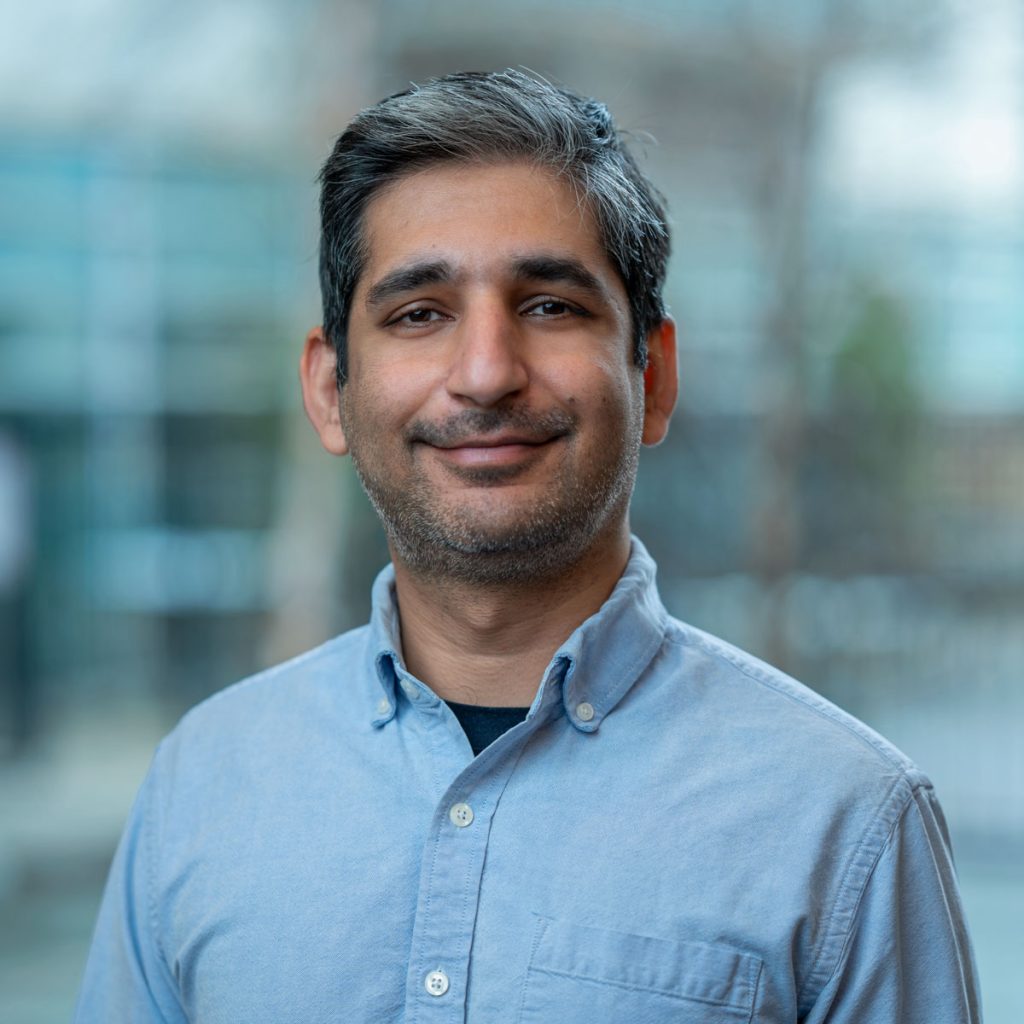
I received my undergraduate and master’s degrees in Biotechnology from D. Y. Patil University in Pune, India and completed my master’s thesis project at the Indian Institute of Science Education and Research, Pune, where I studied the DNA damage response machinery of E. coli. For my doctoral studies, I worked with Dr. Dylan Burnette at Vanderbilt University in the Department of Cell and Developmental Biology. During my doctoral research, I utilized cancer and heart muscle cells in culture to investigate the mechanisms underlying the ability of cells to generate mechanical forces and how extracellular inputs influence this process. As a postdoctoral fellow in Dr. Jennifer Zallen’s lab at the Memorial Sloan Kettering Cancer Center, I am studying how epithelial tissues sense and respond to mechanical forces to guide morphogenetic events in developing embryos.
“Why did you want to become a scientist and when did you know this was your path in life?”
My long-standing interest in the seemingly endless complexity and intricacy of living systems led me to pursue a degree in Biotechnology, where I explored a diverse set of research approaches, from studying genetic diversity of rice varieties in India to synthesizing ultrasound-guided lipid nanoparticles. During graduate school, I discovered that mechanobiology is an ideal field for applying interdisciplinary approaches to study how cells interact with their environment using concepts from biology, engineering, and physics. I find it exciting to directly visualize biological processes in living cells to generate hypotheses and apply quantitative approaches to test them in vivo. I am interested in studying cells and tissues in their native environment to gain insight into how homeostatic mechanisms go awry during disease.
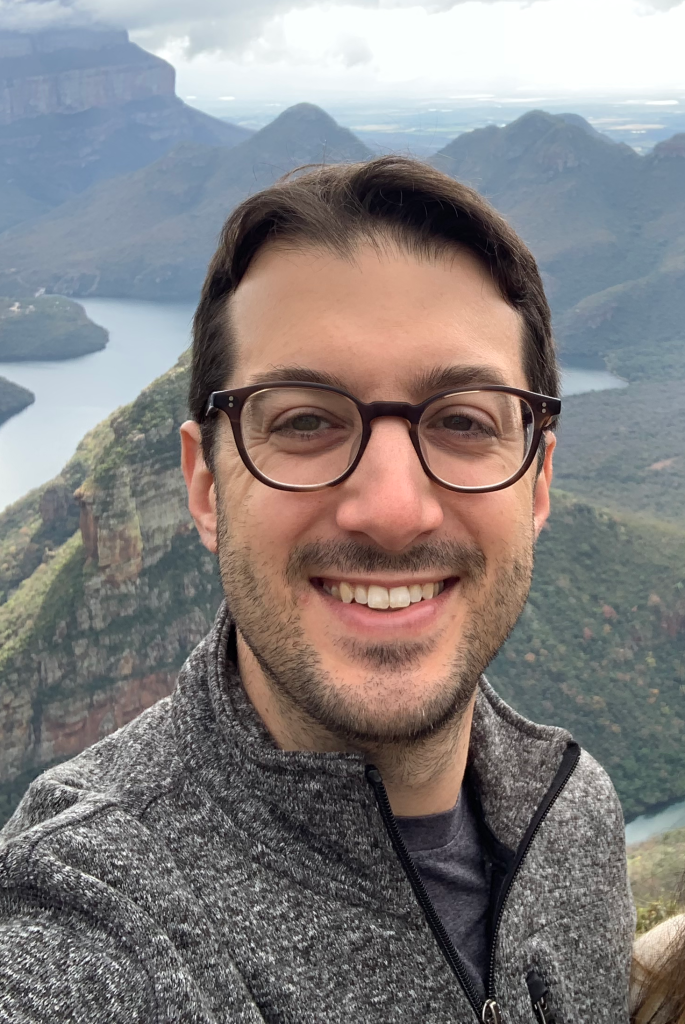
I study the genetic basis and evolution of mechanisms that plants use to defend themselves against attackers – ranging from plant-feeding insects to disease-causing bacterial pathogens – and the mechanisms that these attackers use to overcome plant defenses. One feature of disease that’s shared in plants and humans, but poorly understood in both cases, is that outcomes can be heavily shaped by cooperation or competition between multiple pathogens that “co-infect” the same individual. In Dr. Joy Bergelson’s research group at New York University, I am pioneering new approaches to monitor the growth of co-infecting pathogens in tens of thousands of experimentally infected plants, and I’m using these large datasets to uncover the genes in the pathogen’s genome that shape how co-infecting pathogens interact with each other. In the long term, I hope this knowledge will inform improved strategies to predict and treat infectious disease. I received my B.S. in Biology from the University of Notre Dame and my Ph.D. in Ecology and Evolutionary Biology in Dr. Noah Whiteman’s laboratory at the University of Arizona.
“Why did you want to become a scientist and when did you know this was your path in life?”
I have always been fascinated by the diversity of nature – beginning with hours-long walks searching for insects as a little kid that my parents not only tolerated, but encouraged! My amazing teachers and mentors in high school and college opened my eyes to how I could spend my career studying how nature functions and how its tremendous diversity came to be.
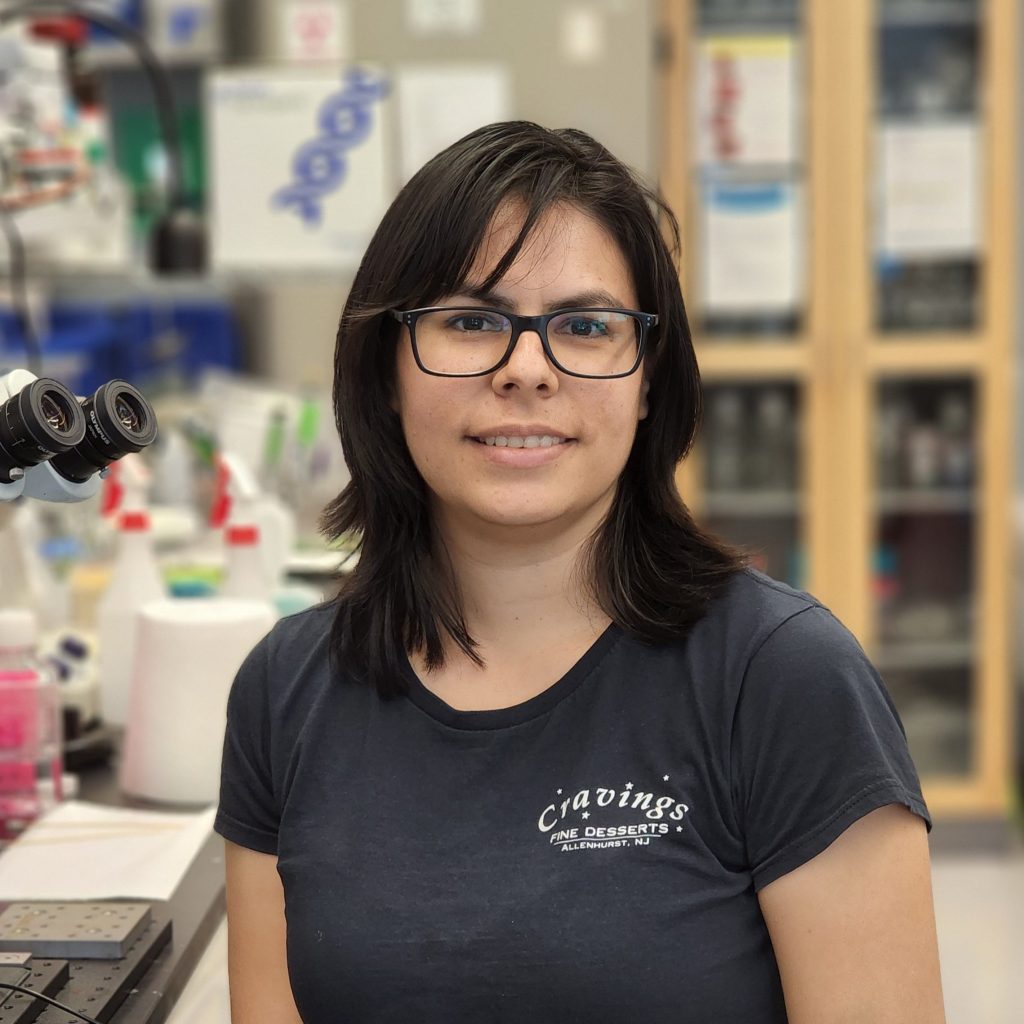
I am an immunologist with a background on molecular biology and biochemistry, specializing in the study of neuroimmune interactions. I graduated Cum Laude with a B.S. in Biochemistry and an M.S. in Molecular Biology from the University of Sonora in Mexico before coming to the United States to work as a research assistant in the Laboratory of Dr. Saraswati Sukumar at Johns Hopkins. After spending two years in the laboratory of Dr. Sukumar, where I contributed to the development of a liquid biopsy assay for monitoring breast cancer patients, I decided to pursue my Ph.D. studies in Cancer Immunology at Johns Hopkins and joined the laboratory of Dr. Charles Drake. In the Drake Lab, I recognized the pivotal role that environmental cues in the tumor microenvironment play in modulating immune responses. This realization sparked my curiosity about how the two major sensory systems, the immune and the nervous systems, coordinate to maintain overall body physiology. During my postdoctoral training at Dr. Dan Littman’s laboratory, my focus has been on elucidating how environmental cues interact with peripheral sensory neurons and the communication networks that lead to variable immune responses in different gut microbial contexts.
“Why did you want to become a scientist and when did you know this was your path in life?”
Curiosity, resilience and passion were the main factors. I really struggled to learn how to read when I started elementary school, but once I succeeded, I felt a sense that I could conquer anything I set my mind to. I just had to pay special attention to the details. The skill that helped me overcome what I would later recognize as dyslexia has proved invaluable throughout my academic career. I found myself captivated by learning, as if I was unraveling the rules to the most intriguing board game ever played – science. All I wanted to do was to keep playing it. While my initial intention was to focus on molecular biology, I couldn’t resist falling in love with immunology and its complexity during my first year of Ph.D. courses. Despite the immune system’s inherent efficiency in fighting threats, I realized the nervous system must oversee the body’s immunological status to preserve physiological balance. This led me to explore the fascinating field of neuroimmune interactions. I am drawn to it not only because of our limited understanding but also because of the potential therapeutic avenues that could emerge from comprehending these interactions.
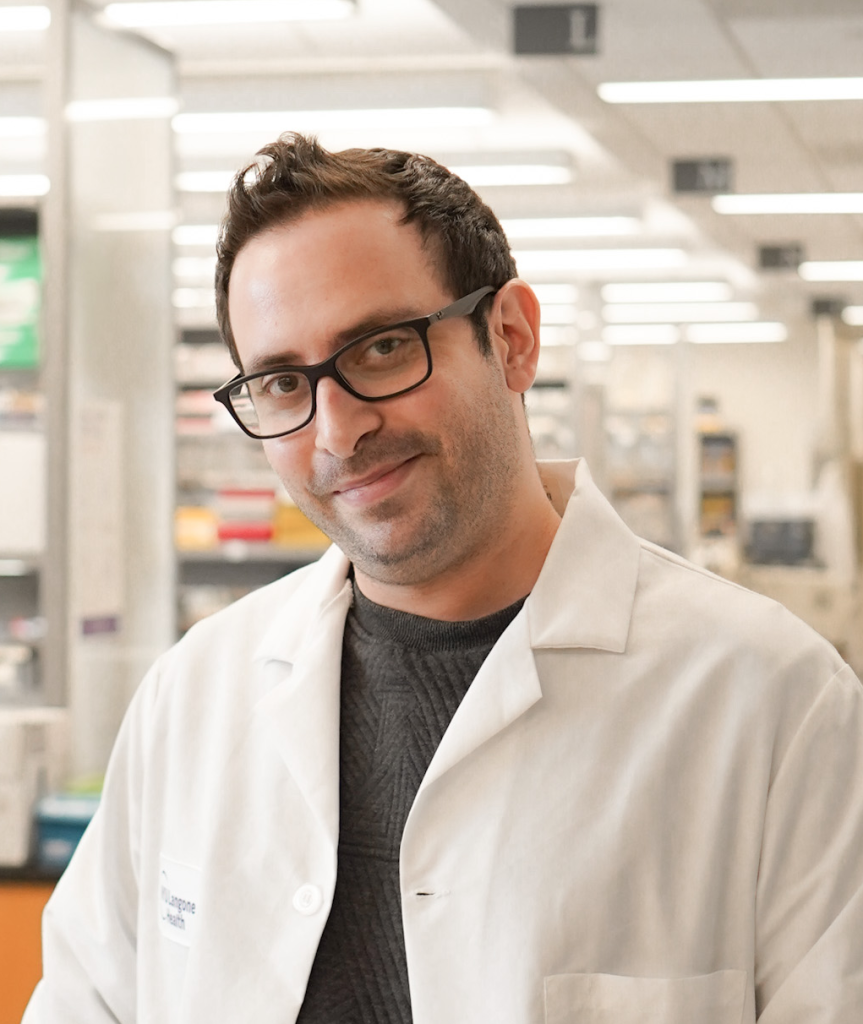
I received my B.Sc in Life Sciences and Ph.D. in Nanomedicine and Immunology from Tel Aviv University in Israel. During my Ph.D. studies under Prof. Dan Peer, I developed targeted genome editing-based Nanomedicine for cancer therapy. Trillions of bacteria, fungi, and viruses, collectively called commensal microbes, harmoniously live on the barrier tissues. In recent years, increasing evidence has demonstrated the importance of commensal microbes in the development and maintenance of our barrier tissues. However, how commensal microbes are sensed by our tissues and how our tissues respond is largely unknown. My postdoctoral research in Prof. Shruti Naik’s laboratory focuses on decrypting this intriguing cross-talk between barrier tissues and their stem cells with commensal microbes. I utilize novel mouse models I’ve developed with cutting-edge spatial sequencing techniques to uncover this complex cross-talk and its implications in health and disease.
“Why did you want to become a scientist and when did you know this was your path in life?
Since childhood, I have been fascinated by how complex yet simple and elegant nature is. Starting from science classes in elementary school, I was drawn to performing experiments and uncovering the world’s mysteries. In high school, majoring in Biology and Biotechnology, I was intrigued by the unparalleled ability of microorganisms to facilitate complex processes that have an immense impact on humanity, from food production and security to drug development and medicine. Based on these early exposures, I pursued a bachelor’s degree in life sciences, and from the first day in the laboratory, I knew that was what I was going to do for the rest of my life. With some unexpected stops on my scientific path and personal losses of friends and family, I’ve started my path toward a Ph.D. in nanomedicine and immunology with the hope and drive to solve some of the most devastating diseases. Today, I’m on my path toward becoming an independent scientist, intending to develop new tools and technologies to study the mysteries of biological cross-talks and treat diseases.
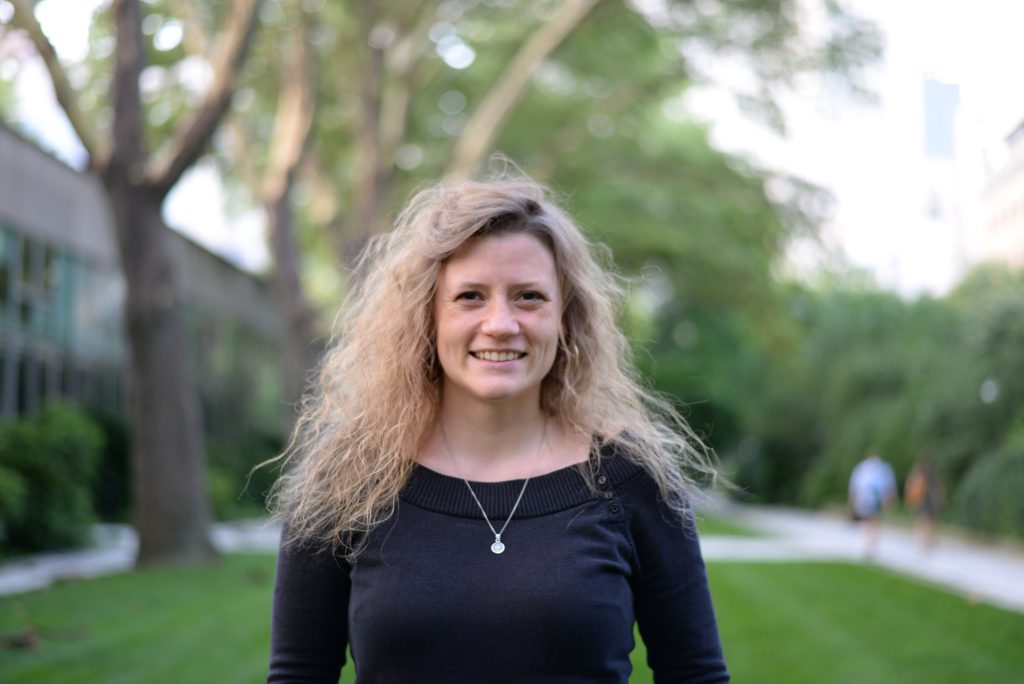
Dr. Mascha Koenen is a postdoctoral researcher in the laboratory of Dr. Paul Cohen at the Rockefeller University. She holds a B.S. and M.Sc. in Biology from Heinrich Heine University Düsseldorf and a PhD in molecular medicine from Ulm University, Germany. Dr. Koenen studies organ and cellular crosstalk in the context of metabolic and inflammatory challenges and their impact on disease development. During her PhD in the laboratory of Dr. Jan Tuckermann, she identified an important crosstalk of synovial fibroblasts and macrophages to induce the potent anti-inflammatory response to steroid therapy in arthritis. In her current postdoctoral research, Dr. Koenen investigates how different types of adipose tissue communicate with the vasculature and how loss of thermogenic adipose tissue, due to metabolic challenges, can affect blood pressure regulation.
“Why did you want to become a scientist and when did you know this was your path in life?”
I was always fascinated by the fundamental role communication plays in shaping organismal interactions across all levels of biological organization. From ecosystems to groups of animals and plants down to the individual and even the cells within our body. I was intrigued by the tight co-regulation of cellular communication systems underlying tissue physiology. How do cells communicate their state in health and disease? How do metabolic disorders impact cell-cell communication networks and how can they be treated? These fundamental questions that ignited my passion for cardiovascular and metabolic biology guided me to pursue a path as scientist.
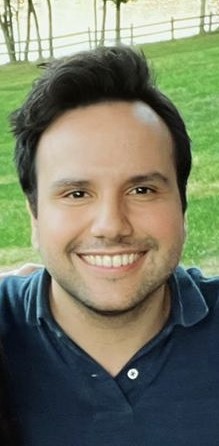
I graduated from the University of Bristol in 2014 with a first class honors degree in Cancer Biology and Immunology, and received my PhD from the Institute of Cancer Research in 2019. During my studies I realized the remarkable potential for the field of cancer metabolism to fundamentally change the way we understand the underlying biochemical mechanisms driving tumorigenesis. After seeing the possible translational impact of our research first-hand, I decided to dedicate my scientific career to this field. As a Charles H. Revson fellow, I am excited to explore how cancer cells sense different nutrients and uncover new avenues for personalized therapies where treatments are tailored based on genetic and metabolic interactions.
“Why did you want to become a scientist and when did you know this was your path in life?”
I remember very early on in my undergraduate studies being shown a map of all the metabolic and signaling pathways in a cell, and feeling both fascinated and humbled by this complexity. I found it remarkable how these processes are in seemingly perfect balance in healthy cells while being chaotically coordinated in cancer. I decided at that point to pursue a career in research as it would allow me to develop both the practical and problem-solving skills needed to gain insight into the world of cancer biology. Basic research is the driving force behind scientific innovation, and it is very exciting to have the intellectual freedom to think of and hopefully answer the next big question that ultimately improves the lives of cancer patients.
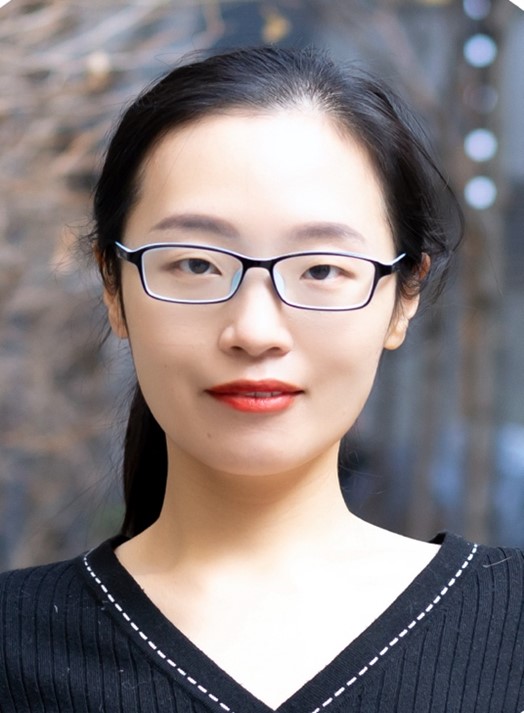
Dr. Kang is investigating pathways that regulate the state of health in the mammalian gastrointestinal tract, particularly following damage, inflammation, and cancer. Her current research is focusing on the cellular and molecular mechanisms of a novel pathway which could instruct ILC3s to repair the integrity of the intestinal barrier. Dr. Lan Kang received her Ph.D. in Immunology from the Institute for Immunology at Tsinghua University in 2020. In 2021, she joined Dr. Sonnenberg’s laboratory as a postdoctoral fellow in the Jill Roberts Institute for Research in Inflammatory Bowel Disease and the Division of Gastroenterology & Hepatology at Weill Cornell Medicine.
“Why did you want to become a scientist and when did you know this was your path in life?”
When I was 13 years old, my grandfather was diagnosed with gastric cancer and left us after several months. Witnessing the anguish caused by this disease sparked a desire within me to pursue a career in medicine. Growing up, I observed the persistent lack of effective treatments for many diseases, provoking me to realize the indispensable role of scientific research in comprehending the pathogenesis of these conditions. During my undergraduate training, I became passionate about immunology given its direct links to health and many diseases. I hope my research will contribute valuable insights towards the development of novel strategies for patients.
55 East 59th Street, 23rd Floor
New York, NY 10022
212.935.3340
info@revsonfoundation.org
Privacy Policy | Photography Credits
© 2024 The Charles H. Revson Foundation